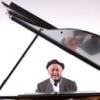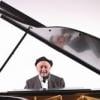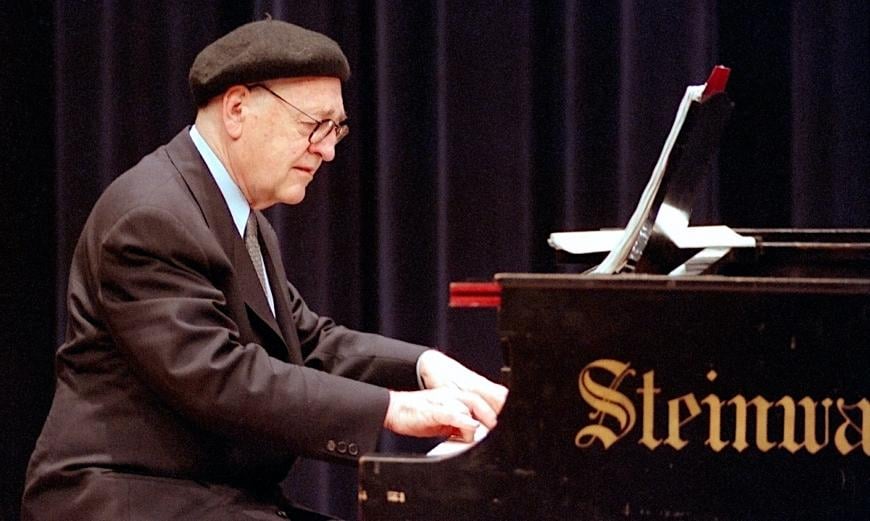
Born 95 years ago in Zebulon, North Carolina, and educated at Harvard University, Donald Pippin began his musical career as an accompanist at George Balanchine’s School of American Ballet in New York City, getting the princely sum of $2 per session.
He moved to San Francisco in 1952, wanting to work with composers Ben Johnston and Harry Partch, played piano in the Old Spaghetti Factory, the hungry i, and elsewhere in North Beach, created Pocket Opera in 1977, launching hundreds of singers on their career, bringing opera into the lives of many who were stranger to the genre.
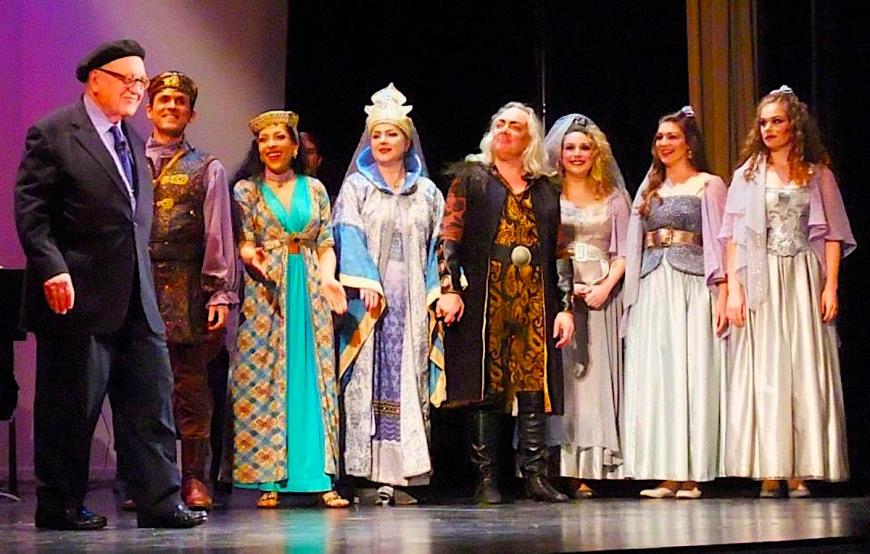
Pippin died in his home on July 7, 2021, Pocket Opera announced “with deep and profound sadness.” Among the tributes following the news was one by Nicolas Aliaga Garcia, who succeeded Pippin as artistic director of Pocket Opera:
We lost my mentor and friend, Donald Pippin. I owe much of what my life today is to Donald. I never went to Conservatory — after college I got my first professional singing gig with Pocket Opera in the chorus of Tales of Hoffmann. I went on to sing lead roles, then direct, then I became production manager, then associate artistic director, and two years ago I succeeded him as artistic director of the company that we both love.
Donald taught me to respect the text as much as the music, and that good storytelling is the key to successful opera. He leaves behind a body of work that is respected throughout the world. Even as I write this, his translations are being performed in New Zealand and at several universities. Pocket Opera will move forward without Donald, but he will forever remain a part of my heart as an artist.
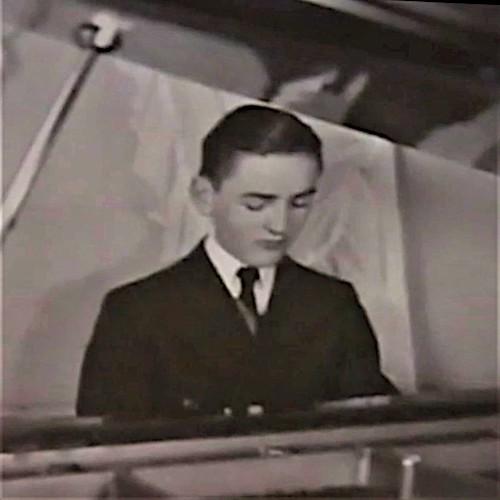
Kent Nagano — who has led major symphony and opera companies all over the world, now in Hamburg, previously in Berlin, Lyon, Manchester, Montreal, and three decades with the Berkeley Symphony — credits Pippin with the beginning of his career:
“Donald was a particularly strong influence in my life. He gave me my very first conducting job in San Francisco, after I graduated [from UC Berkeley] for the Monteverdi Vespers.
“We lost somebody special. San Francisco Bay Area and the music world will never be the same without Donald’s art and rare, creative, colorful personality.”
Running an opera company, however small, is a great challenge, and Pippin managed for decades by doing everything — planning, casting (mostly young unknowns and those he had mentored), translating libretti, rehearsing, directing, conducting his hand-picked Pocket Philharmonic, giving his inimitable introductions and plot narrations, and raising funds. He also had a great focus on the task at hand. When asked about future plans, his response was:
“I never think about the future; it’s unknown territory. I don’t plan ahead; my main interest is in survival in a world where everything is becoming more expensive and more difficult for an opera company, regardless of its size.”
His clear, understandable, witty English versions of dozens of operas have become the staple of companies both big and small, ranging from the San Diego Opera to the Aspen Music Festival. An example of his approach, from Donizetti’s The Elixir of Love, as Sergeant Belcore is recruiting Nemorino:
Drum and trumpet make it merry For the marching military;
Bugles, banners and confetti, Second helpings of spaghetti ...
Ways are muddy, battles bloody, Still it’s ever buddy-buddy;
Weekend leave and ladies pining, Rowdy fun and steady pay;
Twenty scudi just for signing. Join the army, march away.
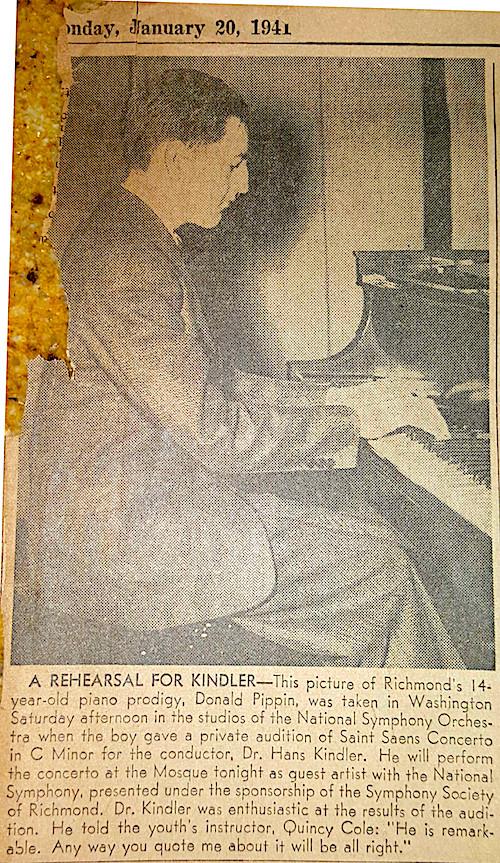
Singer Elisabeth Eliassen writes: “I can think of no single person who contributed more energy, enthusiasm, humor, and longevity to the task of championing opera presented in English, bringing opera to the people in small scale, on a shoestring budget.”
The birth and development of Pocket Opera tells a story that’s more significant than of just another small company. From playing the piano, Pippin branched early into small chamber ensemble presentations, working with Bay Area musicians to present works across multiple genres, from medieval and Baroque to contemporary music, often by California composers.
During the 1960s, these performances developed into the Sunday Evening Concerts held at the Old Spaghetti Factory; the series became the city’s primary home for chamber music. These instrumental chamber-music performances metamorphosed into vocal recitals, culminating in a number of one-act operas that became very popular with audiences at the Old Spaghetti Factory.
Pippin felt strongly about making opera accessible to as wide an audience as possible and he started to create original English language transcriptions of each work. These translations became the core of Pippin’s musical life, encompassing a wide range of genres, nationalities, and musical styles.
In 1975, Pippin made his boldest move by presenting Verdi’s little-performed opera, King for a Day. From its success sprung an organization dedicated to presenting professional performances of operatic works in intimate, intelligible productions at affordable prices.
In 1977, prompted by the success of these early performances, members of the audience met and incorporated Pocket Opera as a nonprofit organization. By 1979, a subscription series was established, and the size of the audience forced the company out of the North Beach cabaret halls it had occupied and into theaters.
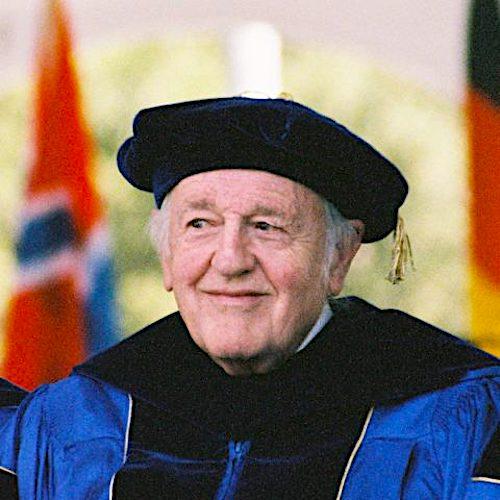
Pippin’s many achievements include productions of rediscoveries, premieres, and revitalization of works long neglected — some of them previously unperformed in the United States. Pocket Opera’s performances have been broadcast in the SF Bay Area and elsewhere, some live broadcasts reaching as many as 10,000 listeners. Publications about Pippin includes Caroline Crawford’s A Pocketful of Wry: An Impresario's Life in San Francisco and the History of the Pocket Opera, 1950s–2001.
Pippin’s anti-maestro humility and down-to-earth nature is revealed in his recollection of Pocket Opera’s birth in 1977, on the 25th anniversary of Pippin’s North Beach concerts, as quoted in Carolyn Crawford’s UC Bancroft Library/Regional Oral History Office (ROHO) interview:
“[SFCV Founder] Robert Commanday, the leading critic at the Chronicle and a strong supporter, got excited about [a production of Giulio Cesare] and he wrote a very nice long article about my unusual career.
“As a result of all this, somebody sent me in the mail a form from the California Arts Council, and with the form was the suggestion, ‘Why don’t you apply for a grant?’ At the time we were doing some touring with our one-act operas and, more ambitiously, with an occasional Handel.
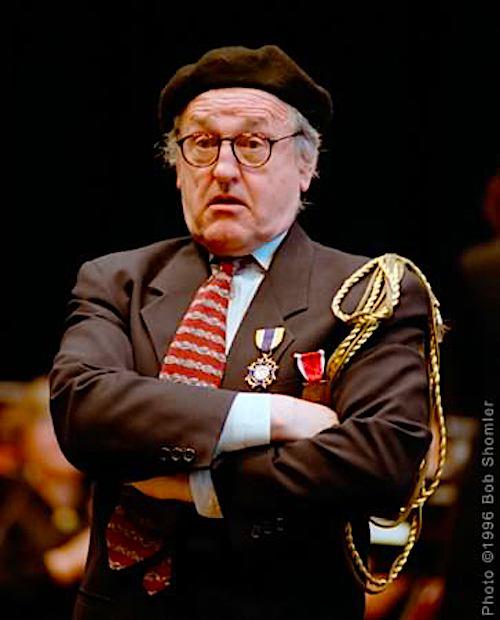
“We were then going under a name that I thoroughly disliked, even though I had come up with it myself: Opera Concertante. But our purpose was to do opera in English and to get away from this kind of high-flown pseudo-elegance.
“At any rate, the form from the CAC arrived, an application for touring money. It asked just one question, ‘Why do you need the money?’ and left four lines — just four lines! — for the answer. It even stipulated, ‘Do not add anything further.’ Well, this was unbelievably refreshing! Though generally I have a horror of filling out forms, this was one I thought even I could handle. My debut at grant writing!”
Hawaii Opera Theater General Director Andrew Morgan writes:
“Lamenting the passing of Donald Pippin. Words can’t describe how much he meant to me personally and professionally. He gave me my first solo singing gig after I left Chanticleer, and also my first job as stage director. He taught me so much over the 25+ years — and even more productions — we worked together. Donald, you will be missed but never forgotten.”
Pippin is survived by his brother, Raymond Pippin of Charlotte, Virginia.; his sister Judith and her husband Richard Graham of Queensbury, New York; his sister Susan and her husband Jon Sullivan of Salem, Massachusetts. Plans for a memorial service are pending.


